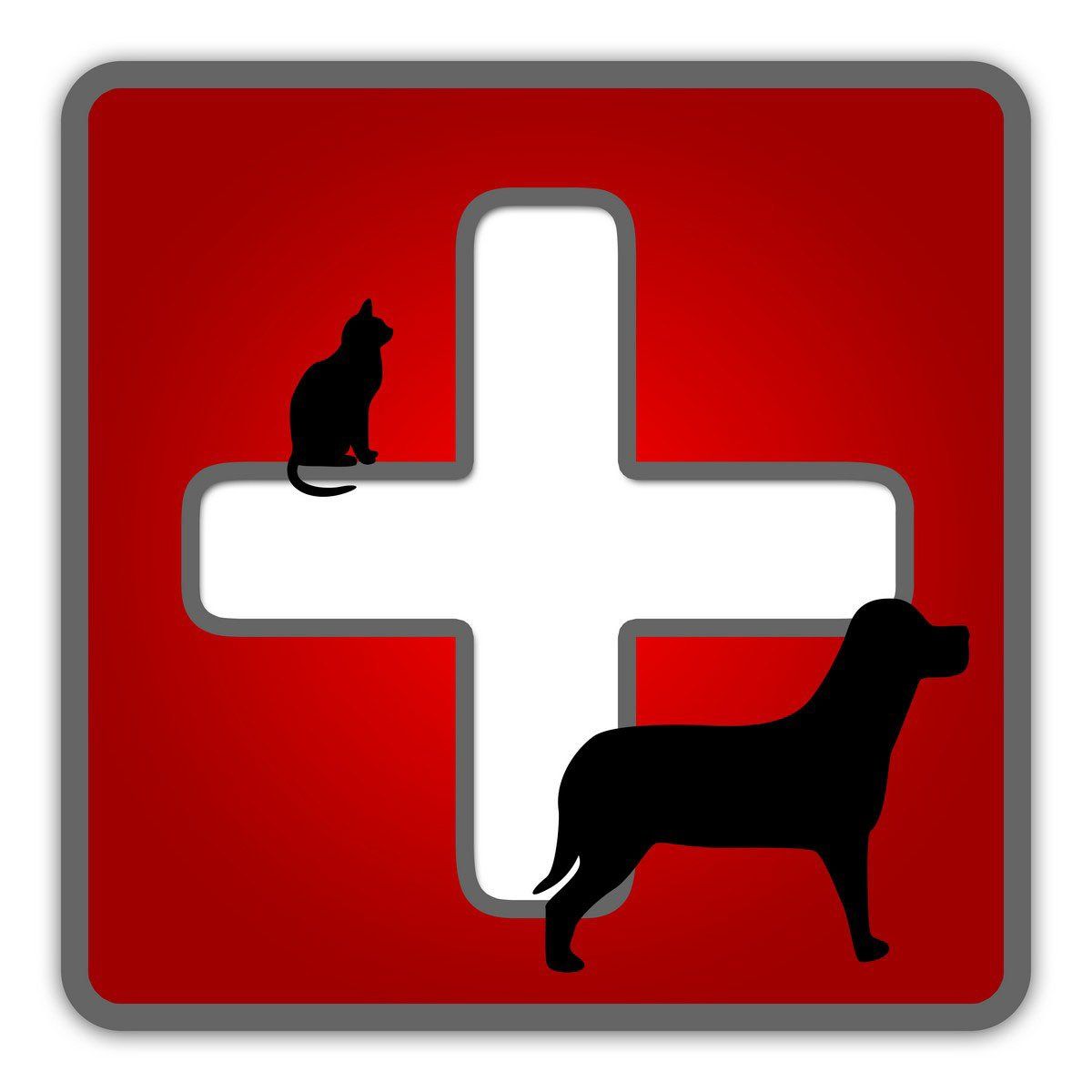Dog Disease Awareness
- Same-Day Service
- AVMA Certified- Lowest Priced Vet in the Area
Why You Should be Aware of Common Dog Diseases?
At Quinlan Animal Clinic, we realize how much you love your pet dog. But love only blossoms with care. If you care for your pet, it should reflect in your knowledge of what could harm your pet's health. To help you out, we have enlisted the commonly contacted dog diseases.
Distemper (CDV- Canine Distemper Virus)
This viral disease affects the central nervous and respiratory systems. It is a highly contagious viral infection and mostly affects non-vaccinated puppies in the age group of 3-6 months.
Parvo (CPV-2a/b/c – Canine Parvovirus)
In most cases, it is very difficult to save a puppy suffering from parvo but at Quinlan Animal Clinic P.C., we have seen a few cases where constant medical attention has delayed the inevitable.
Parvovirus severely damages the gastrointestinal tract causing bloody diarrhea, vomiting, loss of appetite, and lethargy. If not referred to a veterinarian quickly, the loss of vital fluids can lead to dehydration and death.
Lawns and house backyards are one of the major contributors as the virus can be contracted from the soil. Also, it is recommended staying away from parvovirus infected canine.
Ehrlichia (Ehrlichiosis)
Ehrlichia is a bacterial disease spread by Brown Dog tick and Lone Star Tick. These bacteria reside within the host's white blood cells. When infected, the disease can cause blood, lymph node, spleen and liver disorders.
Lyme Disease
Caused due to the presence of Deer Tick, while suffering from this disease the dog shows symptoms such as high fever, loss of appetite and lameness. It affects a number of the organs in the body.
Leptospirosis
Leptospirosis is a bacterial disease spread by wildlife. A Leptospirosis infected dog may or may not show any symptoms. The infection causes severe damage to the liver, kidneys, brain, and heart.
The observed symptoms could be fever, vomiting, diarrhea, abdominal pain, refusal to eat, depression, severe muscle pain and infertility.
Heartworm Disease
This is yet another disease caused by mosquito bites. When a mosquito bites an infected dog and then bites another healthy dog, the parasite is transferred. But the heartworm only matures in about 6 months, so puppies under 6 months old need not be tested against this disease.
Common symptoms of the disease are shortness of breath, chronic short coughing, lethargy, abdominal swelling and congestive heart failure. The heartworm parasites enter the heart and lungs through blood vessels causing inflammation. Considering the consequences your dog should ideally be on vaccination.
Congestive Heart Failure
Congestive heart failure is a consequential situation borne out of heartworm disease. In some cases, it can be caused due to aging, diet or genetics. If your dog is going through a congestive heart failure it will show symptoms such as abdominal swelling and shortness of breath.
Kennel Cough (Infectious Tracheobronchitis)
Kennel cough is a communicable disease generally picked up at places like grooming stations and dog shelters. A dog suffering from Kennel cough would exhibit a repetitive honking cough. Kennel cough is a severe form of bronchitis.
Rabies
You can imagine the severity of this deadly viral disease considering the law expects all dogs to go through routine vaccination against rabies. Mostly spread by an infected animal biting a healthy dog, the infections directly affect the central nervous system. If not treated immediately, this can lead to death.
Sarcoptic Mange
Once Sarcoptic Mange sets, dogs tend to lose most of its body hair due to continuous scratching. The scratching is caused by the mites who burrow the skin's surface making the area itchy.
Also known as scabies, this disease is contagious to both animals and people. As a treatment for this disease, an injection and dipping in a lime-sulfur mixture is recommended.
Demodectic Mange (Red Mange)
Unlike most other diseases mentioned here, this isn't contagious. Your dog might have caught this because of his weak immune systems or if it is imbibed in the genetics.
It's mostly found in young puppies. Demodex mite can be treated with a chemical dip and has to be repeated at specific intervals. If your dog has a persistent problem with this disease, spaying or neutering is recommended.
Call Us
Today to Schedule an Appointment.


Share On: